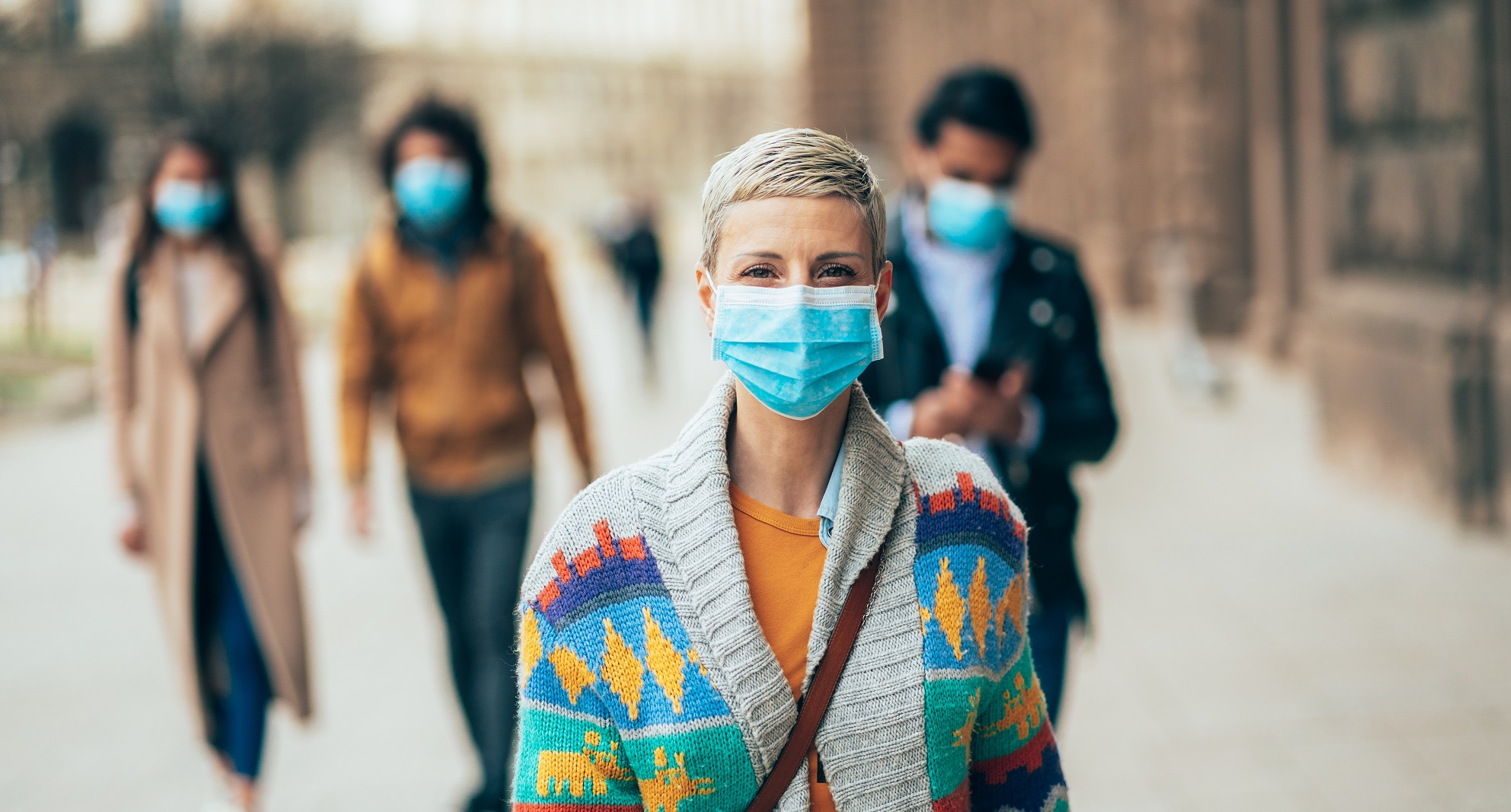Since the beginning of the pandemic, over a million people have participated in COVID-19 research across the UK. Thank you to all of those who have taken part and continue to take part.
You can find out more about the NIHR’s response to COVID-19 and see a list of COVID-19 studies. For the latest COVID-19 health advice, visit the NHS website or the UK Government website.

Ongoing COVID-19 vaccine research
Despite the fact that vaccines have been deployed, more research is continuing into how new and existing vaccines might be used most effectively. If you would like to be invited to be involved in this ongoing research, you can join over half a million people already signed up to the NHS COVID-19 Vaccine Research Registry.
By signing up, you are letting researchers know that you are happy for them to contact you if they think you might be suitable to take part in their studies. The registry is open to all UK residents aged 18 and over.
Your help continues to be really important. We regularly update the news and FAQs about vaccine research for those interested in taking part.
COVID-19 research still taking place
Most adults can take part in the COVID Symptom Tracker (download the app here).
The Post-Hospitalised COVID-19 study which looks into the long-term effects of COVID-19 on hospitalised patients. As well as aiming to improve the longer term physical and mental health of patients, the study looks at how individual characteristics such as gender or ethnicity influence recovery.
The RECOVERY trial is currently testing a new investigational antiviral treatment, specifically designed for COVID-19. The study team is evaluating the drug’s impact on mortality, hospital stays and the need for ventilation. (The RECOVERY trial previously found dexamethasone to be an effective treatment for some patients critically ill with COVID-19).
The investigation of the Mass Science app aims to see if wearable devices such as Fitbits can help determine how COVID-19 spreads and affects mental and physical health.
The GenOMICC COVID-19 study is looking for people over the age of 18 who tested positively for COVID-19. This study is led by the GenOMICC consortium and Genomics England and aims to find out why some people are more severely affected by the virus than others by analysing and comparing whole genome sequences. The study is looking for people who tested positive for COVID-19 with mild, moderate or even no symptoms at all to provide a blood sample and allow them to sequence volunteers' genomes and compare the results against samples from people who were severely ill with COVID-19.
If you are hospitalised with COVID-19
Your healthcare team will provide the details for studies running at the local hospital if they think you could meet the criteria to take part.
There are many studies happening for hospitalised patients such as the RECOVERY trial and for those suffering from Long Covid. Those who are eligible will be made aware of the opportunities available to them by their healthcare team.
COVID-19 research in ethnic minority communities
People of Black ethnicity are twice as likely to be infected with COVID-19 compared to those of White ethnicity, according to research supported by the NIHR and people from Asian backgrounds are 1.5 times more likely to become infected with the virus compared to White individuals.
The Centre for Black and Minority Ethnic (BME) Health researches issues affecting the health and wellbeing of ethnic and migrant communities. Their aim is to address inequalities in health care access and health outcomes and they provide a range of resources to support this aim.
More research is continuing into how new and existing vaccines might be used most effectively. If you would like to be invited to be involved in this ongoing research, join over a million people already signed up to the NHS COVID-19 Vaccine Research Registry.
More ways to be part of research
We can only deliver research that saves and improves lives if people like you take part.
Make sure you never miss an opportunity to support studies covering a range of conditions by signing up for our new Be Part of Research newsletter.




